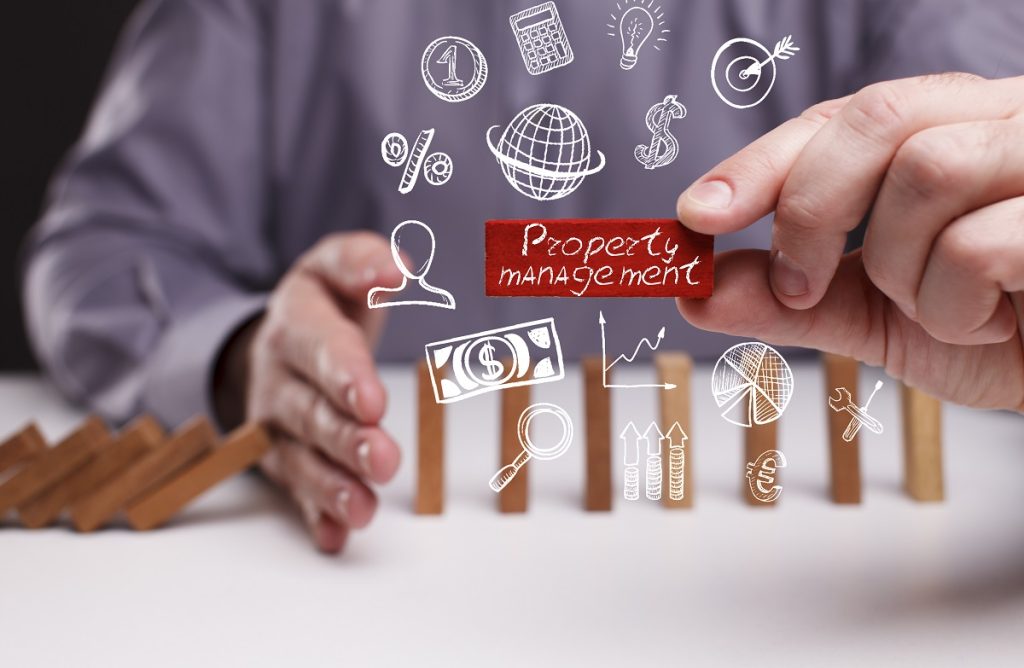- Smart property management involves maintenance, safety compliance, income generation, and long-term profit maximization.
- Proactive maintenance schedules and budgeting are crucial for efficient property upkeep and avoiding unexpected expenses.
- Compliance with safety and building codes avoids fines and lawsuits, ensuring adherence to local, state, and federal regulations.
- Effective financial management, budgeting, and expense tracking are crucial to maximizing profitability and minimizing financial risks.
- Leveraging professional services aids in legal compliance, financial management, and efficient and secure office building management.
In today’s world, there is an increasing demand for quality property management strategies that ensure profits while minimizing risks. Effective property management is not just about collecting rent payments, but it encompasses various other factors, including financial management, property maintenance, and ensuring compliance with safety and building codes.
Moreover, effective property management is crucial because it will ensure reliable working relationships between tenants and landlords, thus improving the business’s profitability.
Smart property management entails managing and maintaining the property, ensuring the building is safe for tenants, handling maintenance and repairs, generating income, monitoring expenses, and maximizing long-term profits.
Property Maintenance and Upkeep

One of the most critical aspects of commercial property management is property maintenance. A well-maintained property attracts potential tenants and ensures high retention rates.
Developing a proactive maintenance schedule will help identify potential issues before they escalate, saving time and costs.
Developing a Proactive Maintenance Schedule
Developing a proactive maintenance schedule involves creating a workable checklist and schedule for the property’s maintenance needs.
For instance, creating regular checks for the property’s electrical, plumbing, and HVAC systems and keeping the lawn mowed and snow cleared from walkways is crucial to maintaining the property’s aesthetic appeal.
Budgeting for Repairs and Improvements
By budgeting for repairs and improvements, landlords avoid surprise expenses and resist the temptation to delay maintenance issues and budget for repairs.
Capital expenditures, including replacements for an HVAC system or a roof, must be assigned a different budget that ensures a smooth and efficient management system.
Ensuring Compliance With Safety and Building Codes
Property managers must also ensure compliance with all local, state, and federal safety and building codes by keeping current with necessary permits, inspection dates, and property regulations.
Failing to comply with these regulations could lead to fines and, even worse, lawsuits. It is essential to keep up to date with changes in these codes and rules to avoid liability and property damage.
Financial Management and Budgeting
Business owners must learn how to budget for commercial property-related obligations successfully and keep an eye on their performance metrics.
Tracking Income, Expenses, and Cash Flow
Tracking a property’s income, expenses, and cash flow is essential to manage finances successfully.
Understanding these metrics will help determine the property’s financial performance, including its short-term and long-term profitability. The right financial management software or accounting system can help organize these records.
Budgeting for Property-Related Costs
Budgeting for rental property-related expenses such as repairs, utilities, insurance, advertising, and property taxes can help identify which expenses are reasonable and which are overpriced.
Building a budget, considering revenue, expenses, and potential investments, can help identify areas that require improvement and serve as guidelines to ensure strict adherence.
Maximizing Profitability and Minimizing Financial Risks
By keeping the property well-maintained, staying updated with the property codes and regulations, tracking expenses, and budgeting effectively, landlords can maximize property-generated income, resulting in minimized risks.
Ensuring proactive maintenance and compliance with regulatory policies will guarantee that the property remains operational and customers remain at ease.
Leveraging Professional Services for Success
To succeed in commercial property management, leveraging professional services is crucial. Professional services can help you stay on top of legal compliance, accounting and financial management, and reliable office building management.
Legal and Compliance Services
Legal and compliance services can help ensure your property complies with all local, state, and federal laws and regulations.
With the expertise of a legal and compliance services provider, you can effectively fulfill all legal obligations and safeguard yourself against potential liabilities.
Accounting and Financial Services
Accounting and financial services can help you stay on top of your finances and maximize profits. Utilizing the help of an accounting and financial services provider can help you manage your expenses, track your income, and create financial reports to help you make informed decisions.
Office Building Management Services

Reliable office building management services are essential for ensuring your property is well-maintained, secure, and attractive to tenants. You can guarantee your property’s excellent maintenance, security, and efficiency by partnering with an office building management provider. Experience the peace of mind that comes with professional management solutions.
Smart property management is essential for adequately maintaining rental properties, ensuring tenant satisfaction and long-term profitability.
By creating and implementing smart property management strategies, landlords can maximize revenue, minimize expenses and risk, and maintain a healthy working relationship between tenants and landlords.
Understanding what it takes to maintain a rental property successfully will allow landlords to reap the benefits of savvy property management, creating successful business ventures.





